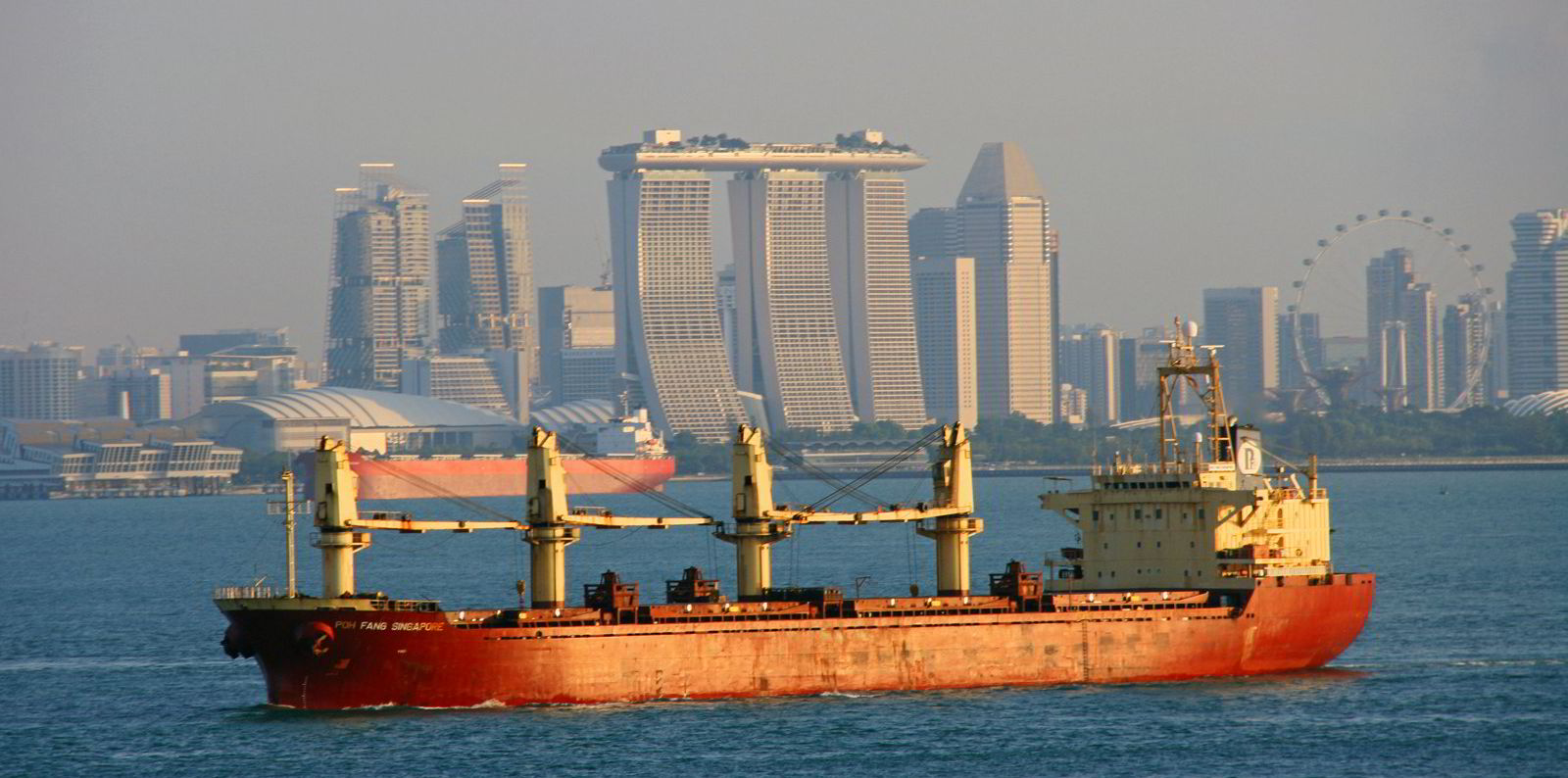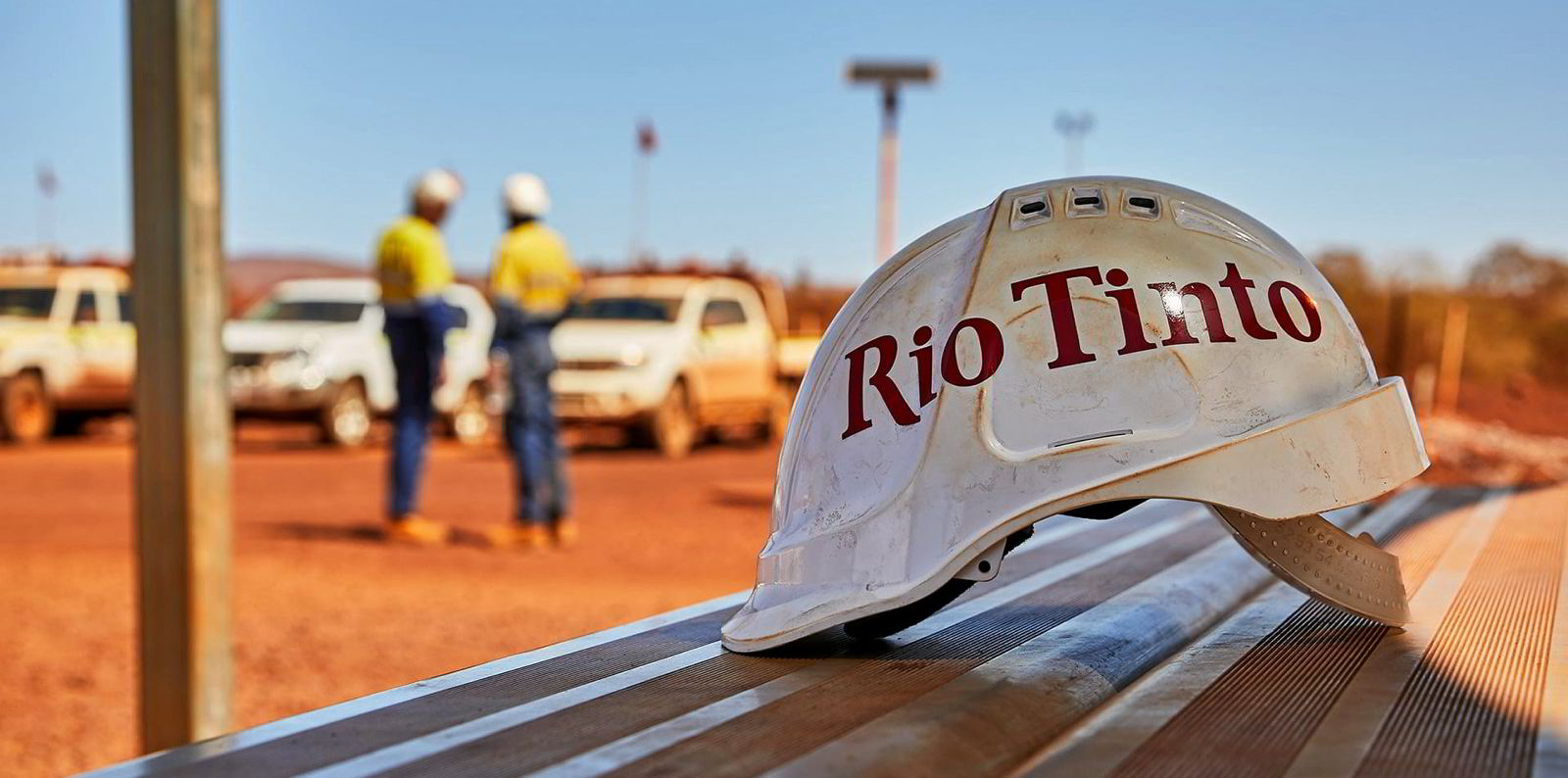BP says it has been able to expand its lower carbon fuel options for customers in Singapore following trials including one involving one of its own tankers.
BP Marine, the oil major’s bunkering arm, told TradeWinds that it was now offering marine biofuel into the Singapore market and was able to “meet the demand/quantity size that our customers were looking for”.
The move comes after the company successfully completed trials of biofuel-blended marine fuel with support from the Maritime and Port Authority of Singapore (MPA).
One such trial involved the BP-operated 46,000-dwt product tanker British Sailor (built 2016) which had recently docked in Singapore to install a range of energy efficiency retrofits.
The ship received BP Marine’s biofuel, consisting of fatty acid methyl esters (FAME) blended with ISO-compliant very low sulphur fuel oil (VLSFO).
The biofuel blend was delivered by barge in the port of Singapore before the vessel sailed to Australia and New Zealand, BP Marine said.
Tests were conducted to assess the performance of the biofuel blend in each of the ship’s main engine, auxiliary engine and boiler.
Assessments were also carried out on fuel tanks to determine the level of interchangeability with other types of fuel.
“No adverse effects to equipment or machinery were observed during or after the trials,” a BP Marine spokesman told TradeWinds.
“The fuel can be used as a direct drop-in replacement for traditional marine fuels, without modifications to the engine or infrastructure of the vessel.”
In May, BP Marine agreed a one-year biofuel trial with Rio Tinto to help the iron ore mining giant reduce carbon emissions from its marine fleet.
The fuel is being trialled on Rio Tinto’s 205,000-dwt RTM Tasman (built 2013) which will ply transatlantic and Atlantic-Pacific routes during the test.
All biofuel refuelling during the trial will be carried out at Rotterdam.




